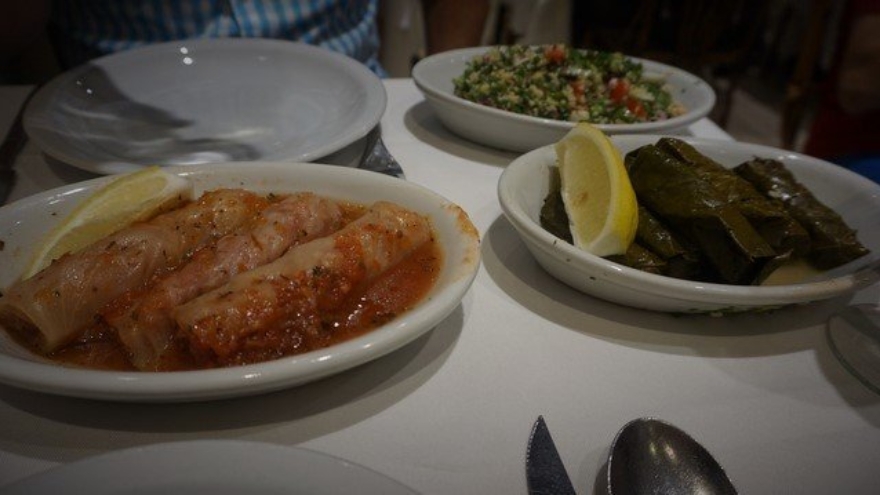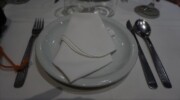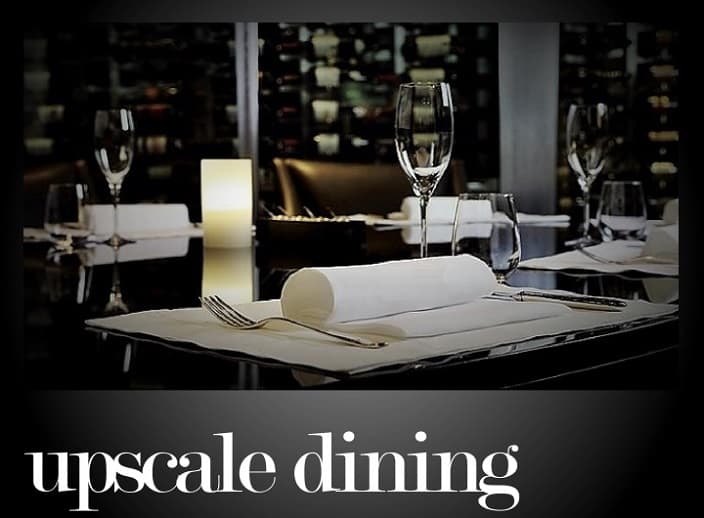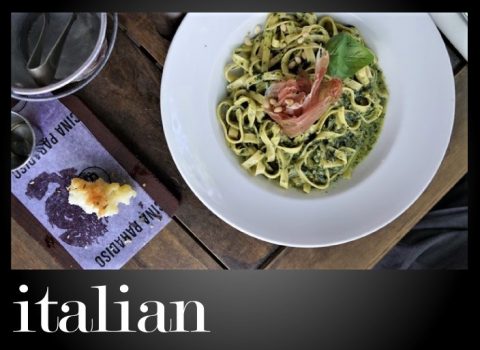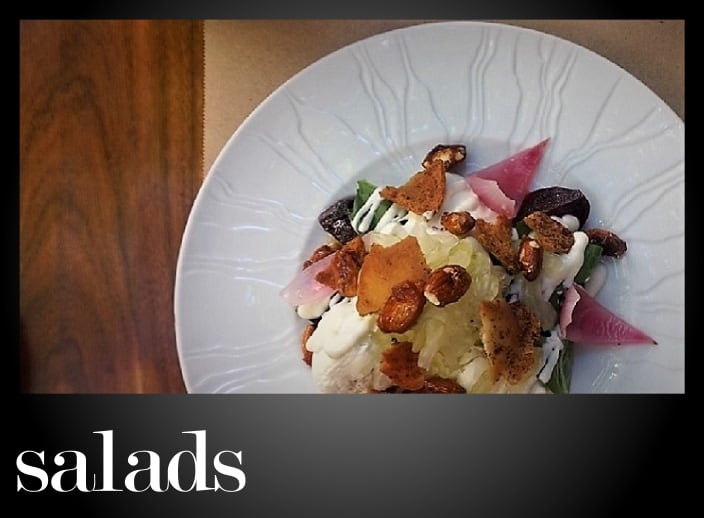Sarkis - Buenos Aires
Click map markers to see address, phone number and hours of operation for each location
In a Nutshell
Excellent renditions of middle-eastern cuisine at reasonable prices make Sarkis the most popular ethnic cuisine restaurant in Buenos Aires. What its lacking in decor and average service, it makes up for with a creative menu full of classic Armenian recipes.
Read the full review
I remember the first time I experienced Greek cuisine. I was still in college and a big group of us traveled 60 miles from our little college town to Dallas to eat at the city’s most prominent Greek restaurant. Perhaps the attractive belly-dancer jiggling that sash-like jingling-coin belt during the restaurant’s mid-evening show had as much to do with my admiration for the experience as did the food. To this day, Greek and Armenian food (and any of the middle-eastern variations) are at the top of my list for the world’s best cuisines.
There are minor variations between Greek and Armenian cuisine. But often, the only difference is the name of the dish. The execution and ingredients are typically identical.
There are a handful of Armenian restaurants in Buenos Aires. Once they catered primarily to a sizeable Armenian community in the city. Today, the customers are non-Armenian Porteños, seeking to experience a cuisine that doesn’t include a grilled steak or pasta. And Sarkis, in Villa Crespo, is hands down, the most popular.
To avoid a long wait for a table, you need to arrive at about 7:45 p.m., put your name on the list, and then linger around out front until they call your name. If you arrive early you’ll usually be seated within about 5 to 10 minutes after the doors open at 8 p.m. Try arriving at 9:30 or 10 p.m. and you’ll likely see a wait of up to an hour for a table.
The décor at Sarkis certainly won’t win any awards. It looks about like any other old-fashioned restaurant in the city. About the only distinguishing feature are the funky wagon-wheel light fixtures hanging, pendant-style from the ceiling above. It’s pleasant enough and clean. White table cloths and napkins. Friendly waiters. You might have to jump up and down and wave your hand to get their attention sometimes when the place is busy . . . which is always.
But once the food arrives. You’ll have forgotten all that. You’ll be busy splitting up the mezze (appetizer) plates that fill every square inch of the tabletop.
We ordered, in no particular order, the hummus (pure de garbanzos), the baba ghanoush (pure de berenejas), the tabule, and stuffed cabbage and grape leaves (dolmas), all accompanied by a basket of lavash (grilled flatbread). The tabule, hummus and baba ghanoush were spot-on. I wouldn’t have changed a thing. Both the cabbage and grape leaf dolmas were good, but I would have preferred a less-dense filling, especially on the grape leaves. It was sort of like eating a grape leaf-wrapped sausage. The Greek variety that I am more accustomed to and which I prepare at home have a looser lamb-rice filling. I preferred the stuffed cabbage rolls over the grape leaves although the filling was similar on both.
The mezze was followed by two main plates, including fried kibbe, and one large stuffed red-pepper. I thought the stuffed red pepper was seasoned and cooked perfectly, still barely rare in the center when sliced. The kibbe was good but just a bit drier than I prefer.
We each had carried a glass of red wine obtained while waiting for our table. And requested a shot of Greek ouzo (the closest Armenian equivalent being something called arak, I believe). What we received was a rather poor rendition having little aroma or taste of anise.
Summing it up. I thought the mezze were overall very good. I was a bit less impressed with the dolmas than the tabule and hummus. The main dishes were good although I thought the kibbe was a bit dry. Service was adequate, but not stellar. Ambiance, other than being a busy restaurant, is all but missing. Prices are extremely reasonable.

